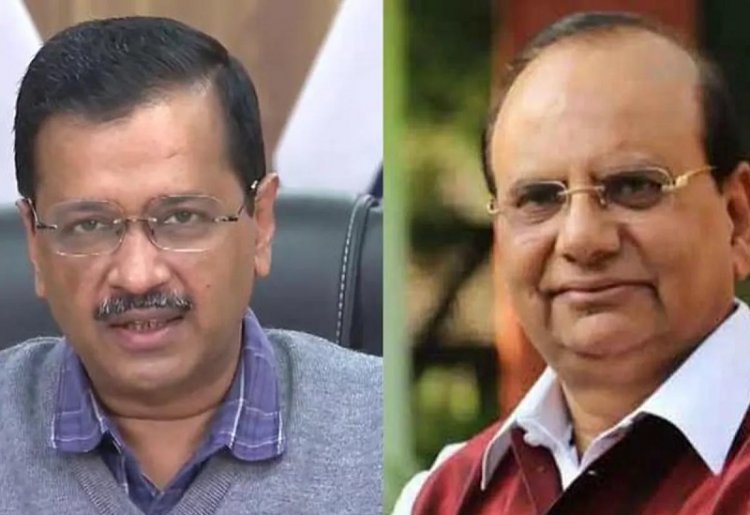LG calls for investigation into Delhi Excise policy that indicates financial favors to liquor mafia resulting in losses to exchequer


Delhi’s Lieutenant governor VK Saxena has recommended a probe of the contentious Delhi Excise Policy 2021–22 by the Kejriwal government based on a report from the Delhi Chief Secretary. The GNCTD Act of 1991, the Transaction of Business Rules (BR) of 1993, the Delhi Excise Act of 2009, and the Delhi Excise Rules of 2010 are all allegedly violated, according to the report. According to the allegation, the booze mafia also received a windfall worth Rs 144 crores.
LG and Chief Minister Arvind Kejriwal received the Chief Secretary’s report, which stated that it “indicates substantively of financial quid pro quo at the top political level, wherein the Minister In-Charge of the Excise Department, Manish Sisodia, took and got executed, important decisions/actions in violation of the statutory provisions and the notified Excise Policy that had huge financial implications.”
The report stated, “Sisodia also allegedly extended in violation of the statutory provisions and the notified Excise Policy that had huge financial implications.”
It is noteworthy that the Excise Department decided to waive Rs. 144.36 crores of the tendered licence fee for the liquor market only, citing the COVID-19 pandemic, even as migrants were leaving the city due to a lack of basic subsistence income, street vendors were struggling to make a living, and all other business establishments were at risk of shutdown.
According to the report, this was done solely to enrich private liquor merchants set to provide financial rewards to those at the top levels of government, including Manish Sisodia, Minister in Charge of Excise & Finance.
This move follows an official statement issued earlier this month announcing that the Delhi government had renewed the licences of those providing country liquor in the national capital by one month. Licensees will be required to pay a pro-rated licencing cost for the extension.
The Kejriwal administration’s Delhi Excise Policy 2021–22 has been under criticism for providing unauthorized financial favours to licensees of alcoholic drinks after bids were called, resulting in significant losses to the exchequer. The policy was introduced during the Delta wave of the Covid pandemic and went into effect on November 17, last year. Retail licenses were awarded to private bidders for 849 vends spread across the city divided into 32 zones, which were opposed by civil society, religious organizations, educational institutions, and Parents’ Bodies. The CBI’s investigation of Manish Sisodia, the minister in charge of the excise department, is anticipated in this case.
DISCLAIMER: The author is solely responsible for the views expressed in this article. The author carries the responsibility for citing and/or licensing of images utilized within the text.
